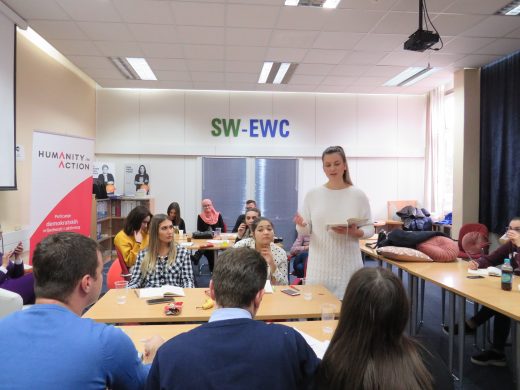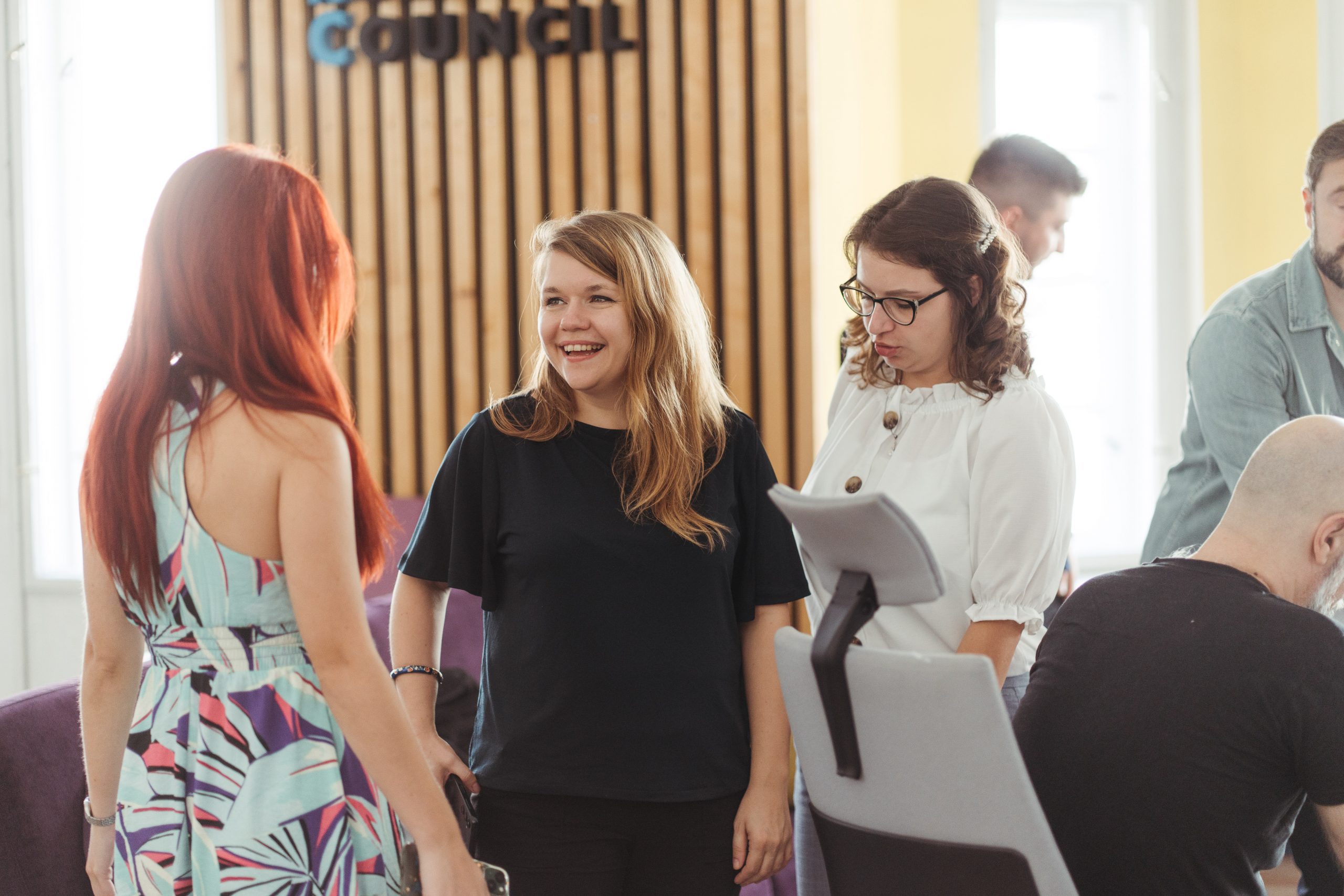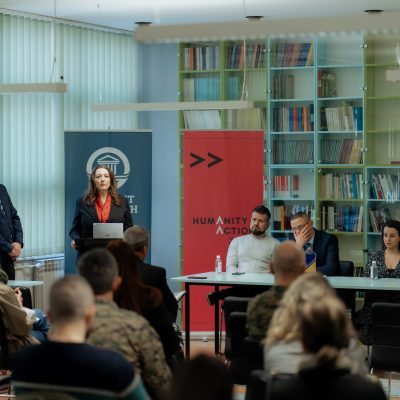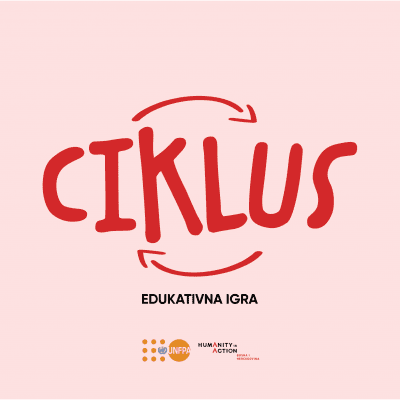Encouraging Democratic Values and Active Citizenship Among Youth (EDVACAY) is a ten month long program with the goal of training young activists, introducing them to democracy and human rights challenges, encouraging them to employ critical thinking on sensitive topics, and building their communications, presentation, and research skills.
Pogledajte naš rad

About
The ten-month long program has the goal of transferring knowledge on democratic principles and human rights, stimulating critical thinking about sensitive issues and encouraging the development of communication and research skills of participants.
The initiative includes a nine day in-person training; individual research projects on democracy-related issues; a group project resulting in four civic campaigns; and a final debate tournament for the participants.
With this program, we are targeting students who have little to no experience in non-formal education,  volunteer work or NGO engagement. EDVACAY is currently running in its 9th year with the generous support of the National Endowment for Democracy.
volunteer work or NGO engagement. EDVACAY is currently running in its 9th year with the generous support of the National Endowment for Democracy.
The program consists of the following components:
- Nine-day education and skills development training
- Module on different models of democracy, democratic values, active citizenship, and democratic political culture regarding human rights, nationalism, identity, and youth activism
- Workshops on leadership, communication, and research skills
- Introductory debate course, conducted by national and international debating champions

Program Activities
Ciklusi programa
Program Activities
Program cycles

Step into our work to engage Bosnia's youth
Dive into the projects our Fellows have implemented across Bosnia and Herzegovina over the last 10 years.










